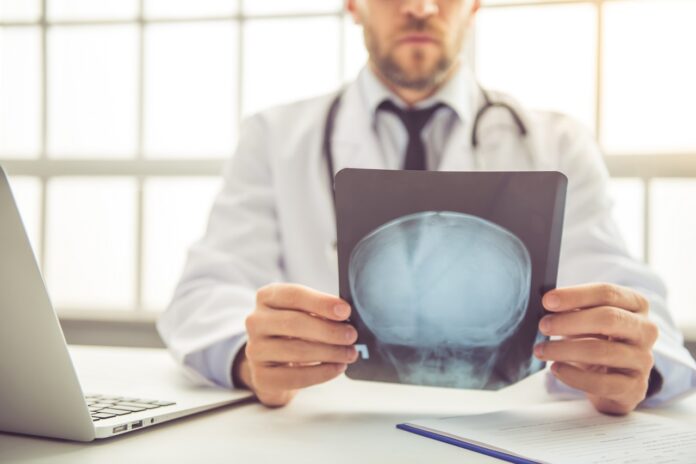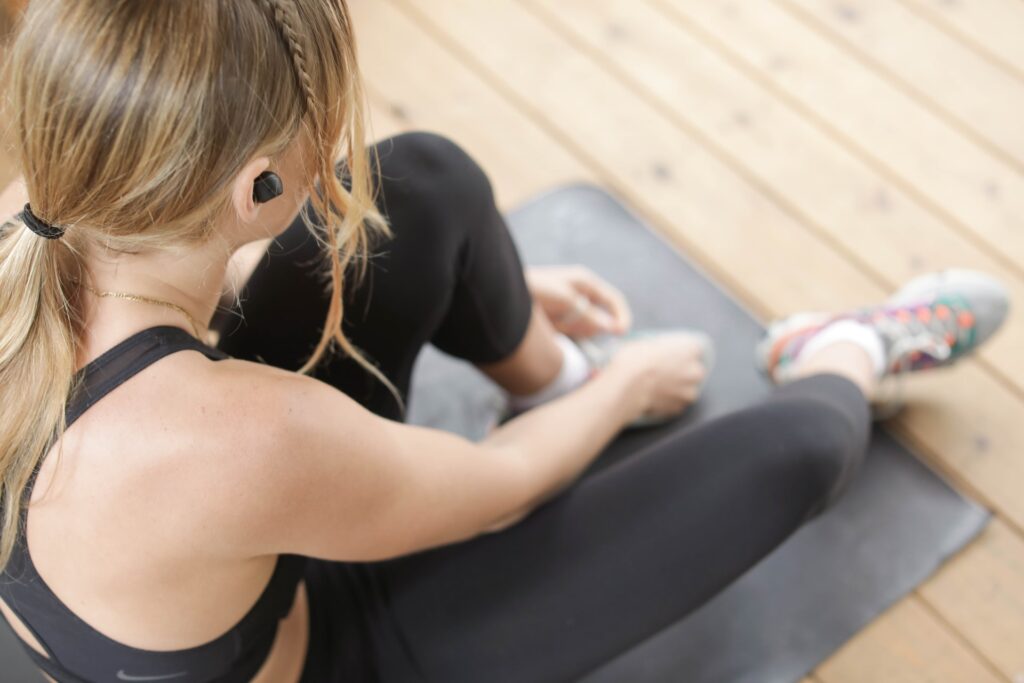
A concussion is a brain injury brought on by your brain colliding with the interior of your skull. Concussions, also known as mild traumatic brain injuries (TBI), typically result from a direct blow to the head or from whiplash. If you have suffered a concussion, seek immediate concussion treatment Conyers to prevent further brain injury.
The majority of concussion symptoms disappear after 7–10 days. Most concussion recoveries last around a month. However, there are several things you may do to speed up your recovery.
Here are tips to speed up concussion recovery;
1. Rest your body

Physical rest, in which you refrain from all but the lightest amount of physical activity, is essential for quick concussion recovery. It could be necessary to postpone most of your regular daily activities for a few days. Avoid doing household chores, driving, or grocery shopping during your recovery.
Bring a friend or family member with you if you need to run errands or purchase food. Some mild to severe forms of post-concussion syndrome may make driving risky. After a few days of recovery, gradually ramp up your activities and watch to see if it brings concussion symptoms. If not, you are getting better!
As you raise your exercise level, remember to stay hydrated. After a week of physical rest, if you still don’t feel better, speak with your doctor about trying a different strategy for your recovery.
2. Rest your brain
After a head injury, overstimulating your brain will prevent it from getting the rest it needs to heal. Using your brain to concentrate, read, research, or attempt to acquire new stuff might be very challenging and make your situation worse. Anyone who has suffered a concussion may find it difficult to process further information. If you have work or schoolwork to complete, space it out and take breaks often. When recovering, students should chat with their professors about modifying their homework.
3. Get enough sleep

Our brain repairs itself when we sleep. When recuperating from a concussion, sleep becomes even more crucial. It is normal to feel more worn out from routine tasks like going to school or doing schoolwork when healing from a concussion. Take short naps (30 to 60 minutes) when worn out. But be careful not to take too many, as they may prevent you from falling asleep later that night. Avoid being distracted by things like TV or phones when attempting to fall asleep.
4. Avoid drinking alcohol
Do not consume alcohol within two weeks of sustaining a concussion. After a concussion, even a tiny amount of alcohol can significantly impair your judgment, increasing your chance of falling and suffering additional brain injuries. Alcohol use can also make depression more likely, which is a long-term concussion-healing condition.
Alcohol may cause neuroinflammation, which hinders your ability to heal from a concussion. As a side aside, drinking alcohol significantly increases your chance of suffering a concussion in general.
5. Exercise

Aerobic exercise with low impact and no contact may help in concussion recovery. Exercise is often avoided to prevent concussion symptoms from developing. However, research indicates that exercise is a promising concussion therapy. The trick is, to begin with really modest exercise and gradually build your intensity over time.
Exercise helps concussion patients who experience persistent symptoms, according to animal research. According to experts, exercise may promote neuron development and reduce cell death in concussion patients’ brains.
Call Spine Center Atlanta to book your appointment for concussion treatment.








